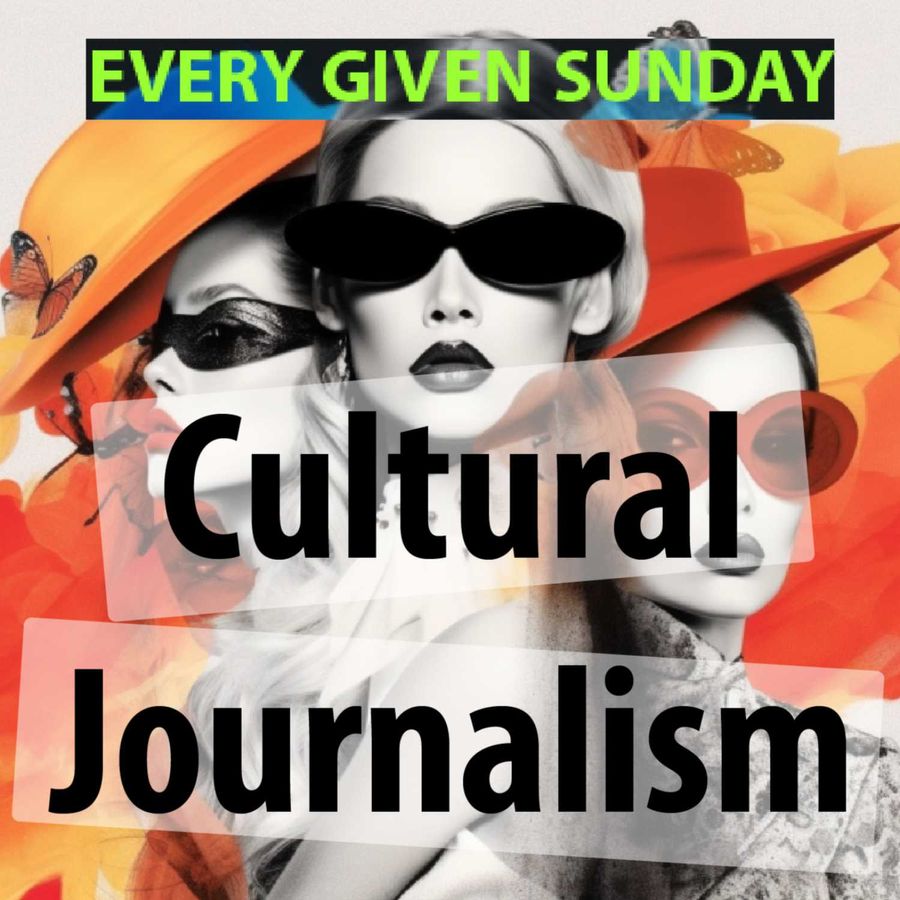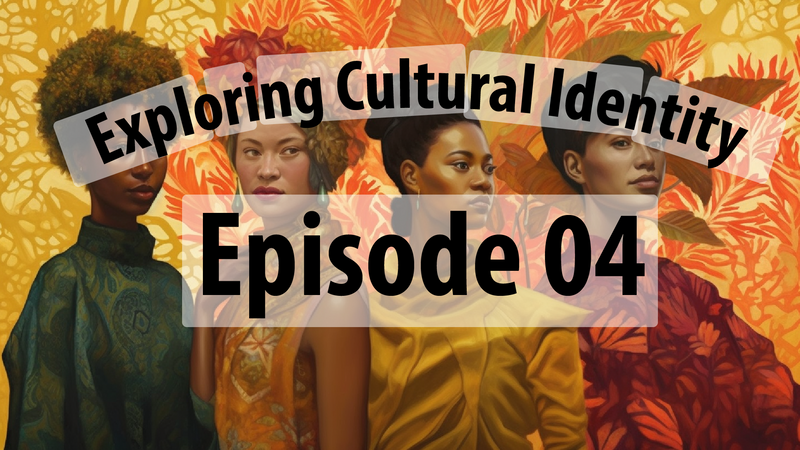Cultural Identity: A Complex Tapestry of Heritage, Influence, and Self-Reflection
In human existence, cultural identity has long served as a foundation for collective understanding and individual self-perception. It encompasses a mosaic of traditions, values, customs, and shared experiences that shape how we perceive ourselves and others. First, however, we must subject this notion to critical scrutiny, challenging conventional wisdom and exploring the multifaceted nature of cultural identity. In doing so, we unravel the intricacies of its construction, dissect its impact on society, and scrutinize its potential limitations. By venturing into this intellectual terrain, we aspire to enrich our understanding of cultural identity and redefine the parameters within which it operates.
The Myth of Homogeneity:
At the core of cultural identity lies the assumption of homogeneity within a given group, as if each individual within it were a mere embodiment of collective values and norms. Unfortunately, this notion oversimplifies the diversity within cultures, overlooking the inherent complexity of human experiences. To illustrate this, we need only glance back at history, where we find civilizations enriched by a tapestry of internal debates, intellectual conflicts, and social transformations.
Take, for instance, the ancient Greeks. From the rigorous philosophical debates between Plato and Aristotle to the political factions of Athens, Greek culture thrived on internal diversity. As a result, their cultural identity was shaped not only by shared values but also by a constant flux of ideas and influences. Similarly, in the Islamic Golden Age, Islamic civilization was a mosaic of diverse cultures, where scholars from different backgrounds contributed to the development of science, art, and philosophy.

The Fallacy of Static Identity:
Cultural identity is not an immovable monolith frozen in time; it evolves, adapts, and embraces influences from various sources. It is a fluid entity that absorbs external elements, leading to a continuous redefinition of what it means to belong to a particular culture. An overemphasis on rigid boundaries risks negating the organic nature of cultural identity.
History is replete with instances of cultural cross-pollination. The Silk Road, for example, facilitated the exchange of goods, ideas, and cultural practices across vast distances, resulting in a vibrant fusion of various civilizations. Likewise, the European Renaissance marked a profound transformation, as classical ideas from ancient Greece and Rome mingled with new artistic and intellectual movements.
The Dangers of Essentialism:
An inherent danger lies in reducing cultural identity to essentialist categories, categorizing individuals into neat boxes based on ethnicity, nationality, or religion. This reductionist tendency oversimplifies complex human experiences and perpetuates stereotypes. Moreover, it hampers our ability to truly appreciate the rich tapestry of individual narratives that comprise any culture.
We must recognize that cultural identity is not a single, fixed attribute; it is multifaceted and can manifest in myriad ways. Individuals often find themselves at the intersection of multiple cultural influences, their identities shaped by various factors, including ethnicity, language, religion, and geographical location. By embracing this complexity, we can move beyond simplistic generalizations and better understand the human experience.
The Path to Cultural Understanding:
To foster a more inclusive and enlightened society, we must strive for a nuanced understanding of cultural identity that transcends essentialist notions and acknowledges the inherent diversity within cultures. This requires engaging in thoughtful dialogue, actively listening to individuals' lived experiences, and recognizing individuals' agency in shaping their own identities.
Furthermore, education plays a crucial role in dismantling the barriers that divide us. By incorporating comprehensive and unbiased curricula that reflect the diversity of human experiences, we can encourage critical thinking, empathy, and appreciation for cultural diversity. Exposure to different perspectives can challenge preconceived notions and foster a more inclusive and open-minded society.
Conclusion:
In our pursuit of understanding cultural identity, we must shed the limitations of essentialism and embrace the complexity inherent in human experiences. Cultural identity is not a static construct but a dynamic, ever-evolving process influenced by historical, social, and individual factors. By challenging conventional wisdom, we can appreciate the rich tapestry of cultures and foster a more inclusive society that celebrates the diversity of human existence. Through critical engagement, intellectual rigour, and an unwavering pursuit of knowledge, we embark on a journey towards a more enlightened understanding of cultural identity, transcending borders and bringing us closer together as a global community.


